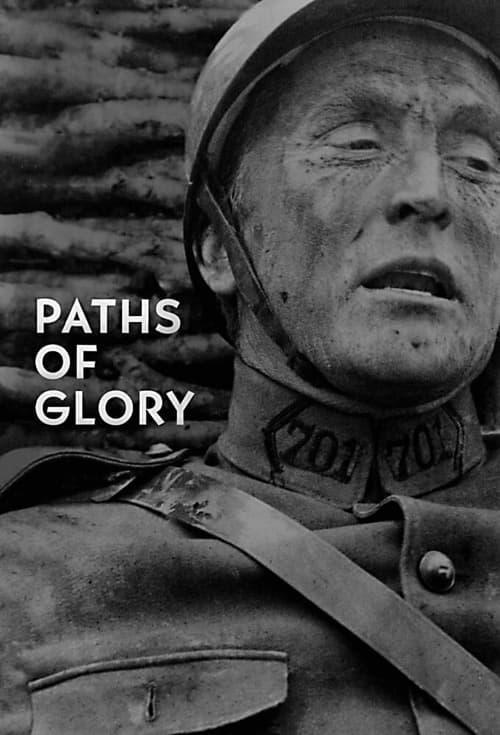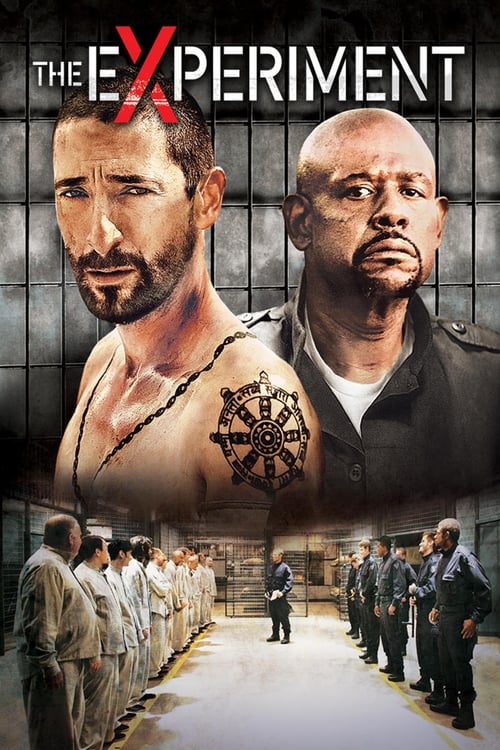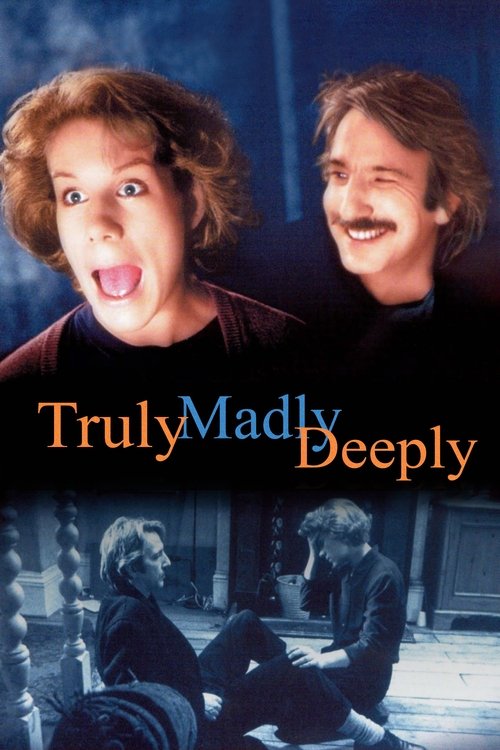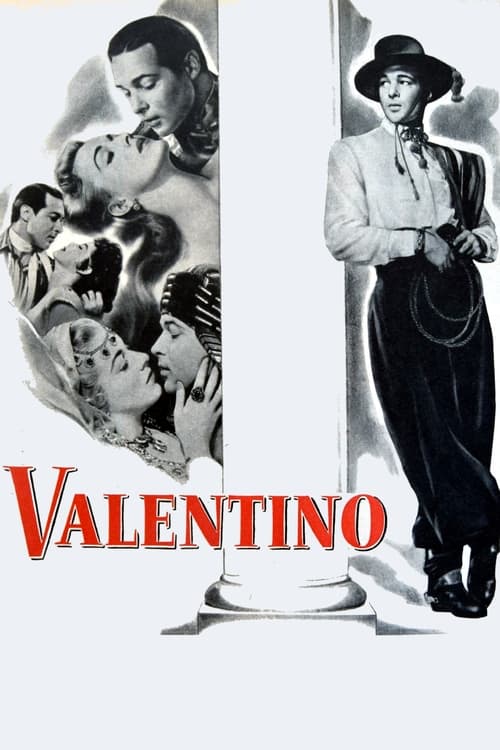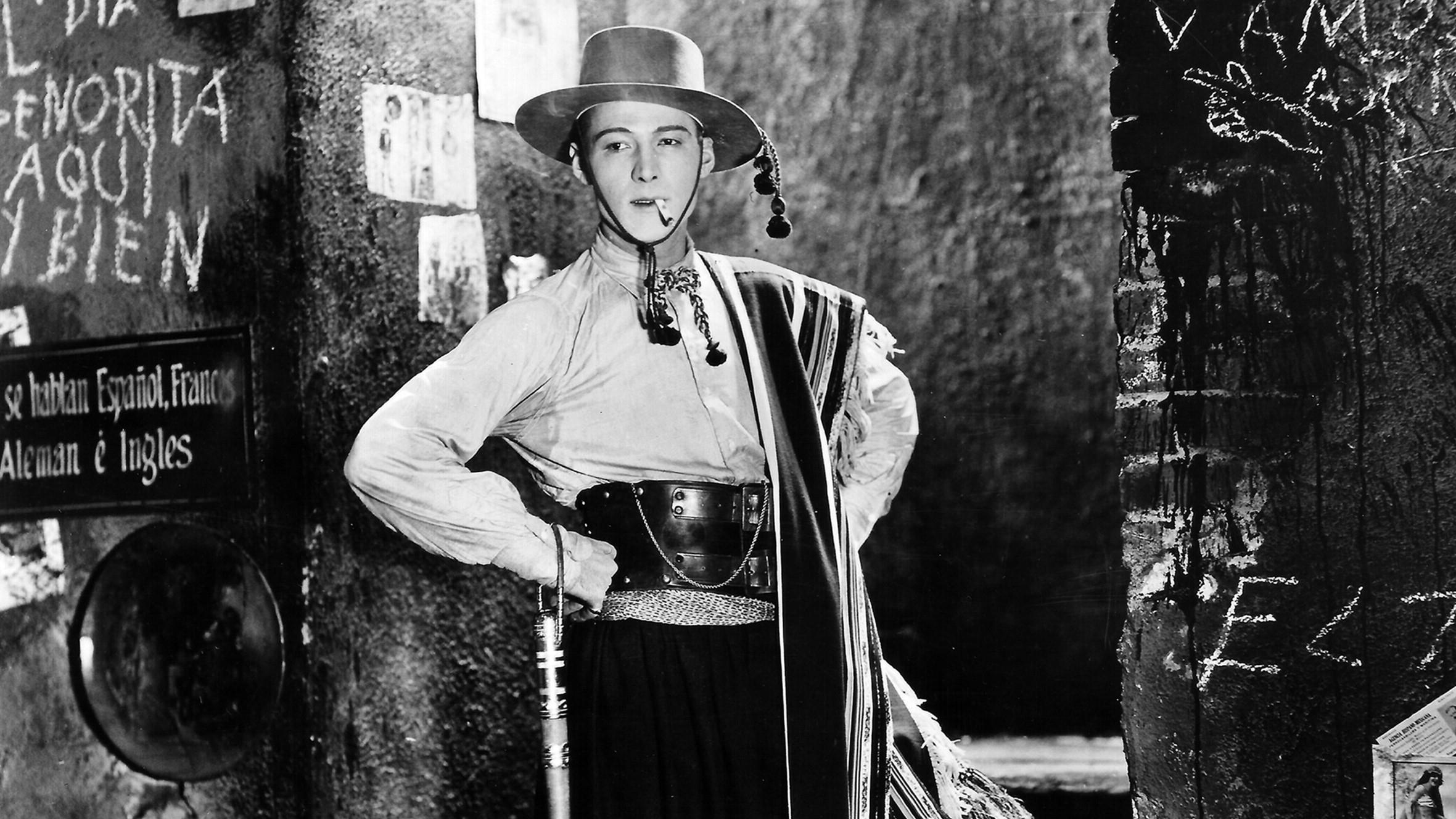
1921
The Four Horsemen of the Apocalypse
War, Romance, Drama
7.0
User Score
58 Votes
Status
Released
Language
en
Budget
$0
Production
Metro Pictures Corporation
Overview
Set in the years before and during World War I, this epic tale tells the story of a rich Argentine family, one of its two descending branches being half of French heritage, the other being half German. Following the death of the family patriarch, the man's two daughters and their families resettle to France and Germany, respectively. In time the Great War breaks out, putting members of the family on opposing sides.
Review
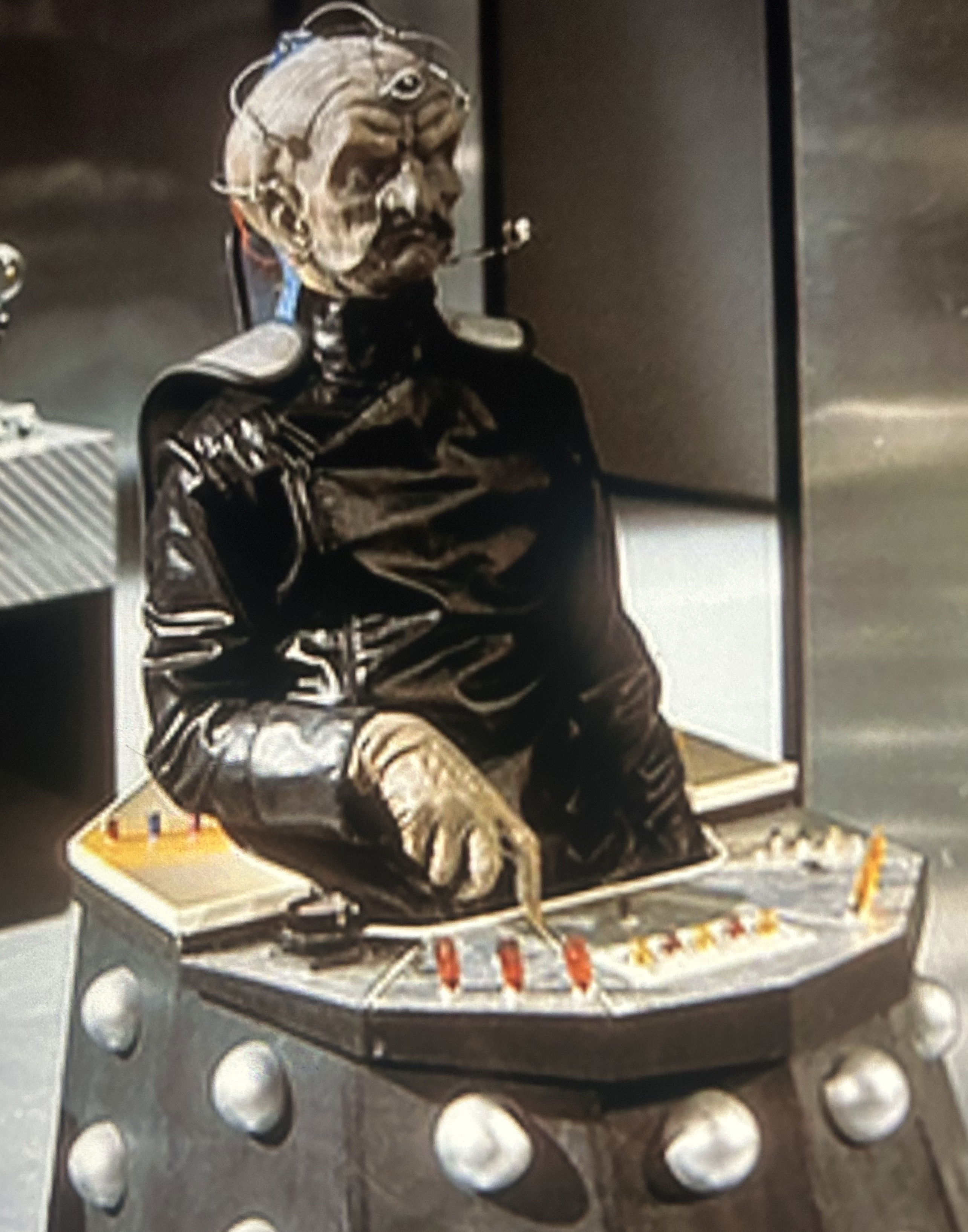
Geronimo1967
7.0
This is a magnificent cinematic rendition of a slightly flawed book. Commencing in the early 20th century. Madariaga (Pomeroy Cannon) is the patriarch of a family with siblings as alike as chalk and cheese. He openly favours his French in-laws to the obvious detriment of his German ones. Despite this favouritism, though, when the father of this, by now, extensive brood dies, he leaves his considerable fortune equally to his two daughters and that's where the familial strife begins... Advance a few years to Paris and we see tales of profligacy, deception, adultery and avarice. "Julio" (an excellent Rudolph Valentino) - his vain and shallow grandson on the French side of the family adopts a rather libertine existence as a would be artist before meeting the wife of a friend of his father "Marguerite" (Alice Terry). They are remarkably indiscreet about their affaire de coeur but when her husband discovers he merely agrees to a divorce to avoid any scandal. It's at this point, the film takes a much darker turn with the assassination of the Archduke and the start of the Great War - in which the family find themselves on opposite sides. The things that mattered before, matter not now - she discovers that her husband "Etienne" has been seriously wounded and as she is a nurse, she tends to his care in a recuperation facility that when "Julio" visits and sees them together, shames him into joining up. Meantime, Julio's father "Marcelo" (Josef Swickard) must entertain the general officers of their invaders in his castle where one of his German nephews tries to keep an eye out for him... The fortunes of both sides of the family vacillate from now on - the ebbs and flows of the war taking considerable toll on everyone before an extremely poignant, tragic, denouement. The film is profoundly anti-war. It makes it as clear as can be that there are never any winners from such breathtaking atrocity, and Rex Ingram uses just about every technique available to illustrate the flightiness and vacuousness of their pre-war existence - including the now legendary "tango" scene - to contrast potently with the ghastliness of war that cares not for person or property. The flaw? Well, it allows anti-German sentiment to neuter it's objectivity somewhat. As they always say, history is written by the winners, and the depiction of the invaders is unnecessarily brutal and boorish. Sure, they were not "nice", but there was a certain chivalric spirit amongst both sides that, though it certainly did dwindle as the conflagration progressed, is simply not adequately reflected or respected here. That said, the photography is superb and this is simply one of the original "must see" films. Even though it is a little on the lengthy side, it still holds the attention well.
Read More 